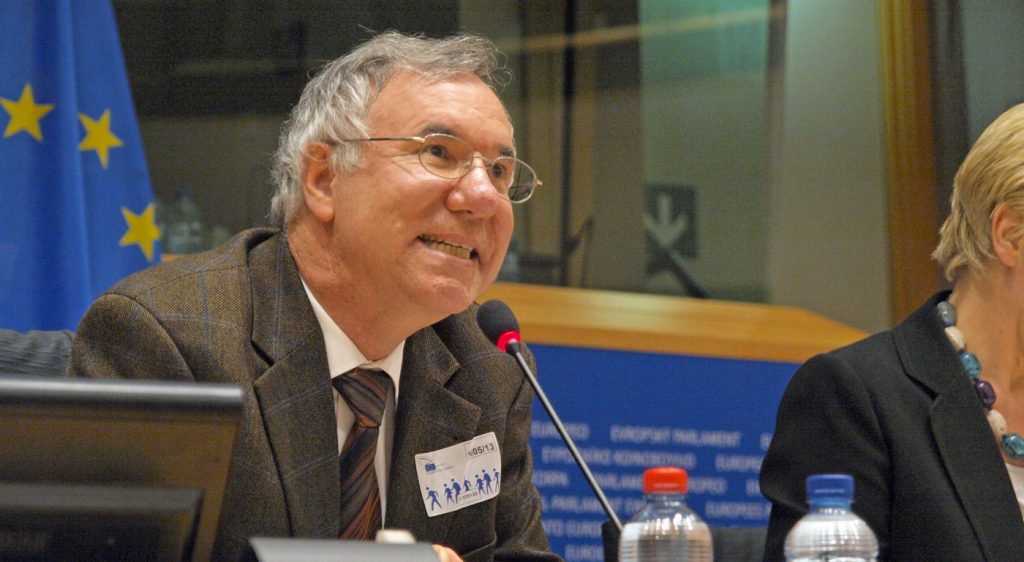Along with Food and Water Europe, we took a closer look at the US shale gas boom, and revealed an economic system based on shaky foundations, that side-lines health and the environment, and is reliant on unsustainably low prices driven by speculation and industry overestimates.
Experts were invited to speak on Tuesday at a debate in European Parliament entitled ‘Behind the hype: the economics of shale gas in Europe’. They questioned the longer-term contribution of shale gas to America’s energy mix and warned against the dangers of replicating the US example in Europe. They illustrated that the current price of shale gas in the US is artificially low and well below production costs.
The Canadian geoscientist David Hughes, following the analysis of historical production from 65,000 oil and gas wells, challenged the low costs and long term sustainability of the US shale gas boom, especially in the context of the major environmental damage of fracking. He concluded that the average production figures for shale gas wells are already falling, as ‘sweets spots’ in mature shale basins have been drilled off. Given the steep decline curves of shale gas wells, a ‘drilling treadmill’, requiring an annual investment of US $ 42 billion per year, will be needed just to keep shale gas production flat.
“A hard look at the historical production from American shale gas wells shows that unconventional gas cannot provide a long-lasting – never mind environmentally sustainable – answer to European low-carbon energy needs”, said Food & Water Europe policy officer Geert De Cock. “Europe cannot drill its way to decarbonisation by 2050”.
The Energy Watch Group expert Werner Zittel demonstrated that the contribution of shale gas towards reduced gas imports, and decreased European energy bills will be negligible, particularly when viewed against steep declines in European conventional gas production. Population density, shortage of drilling equipment, acute shortage of qualified personnel, stronger environmental rules, competition with other professional sectors (farming in particular) and lack of public acceptability cause structural barriers for the large-scale development of shale gas in Europe.
Antoine Simon, shale gas campaigner for Friends of the Earth Europe said: “The US shale gas boom is based on unsustainably low prices and wishful thinking. If repeated in Europe, shale gas development will be hindered by significantly higher costs, at a pace unlikely to impact upon gas prices. European governments should support the transition to renewable energy sources and to increase energy efficiency instead of promoting expensive, unsustainable and dirty fossil fuels”.
Food & Water Europe and Friends of the Earth Europe maintain that until the social, environmental, social and health impacts are adequately addressed, all Member States should suspend ongoing activities, abrogate permits, and place bans on new projects, whether exploration or exploitation. Europe must not be swept up in wishful thinking and replace genuine solutions like renewable energy and energy savings with the shale gas myth.






